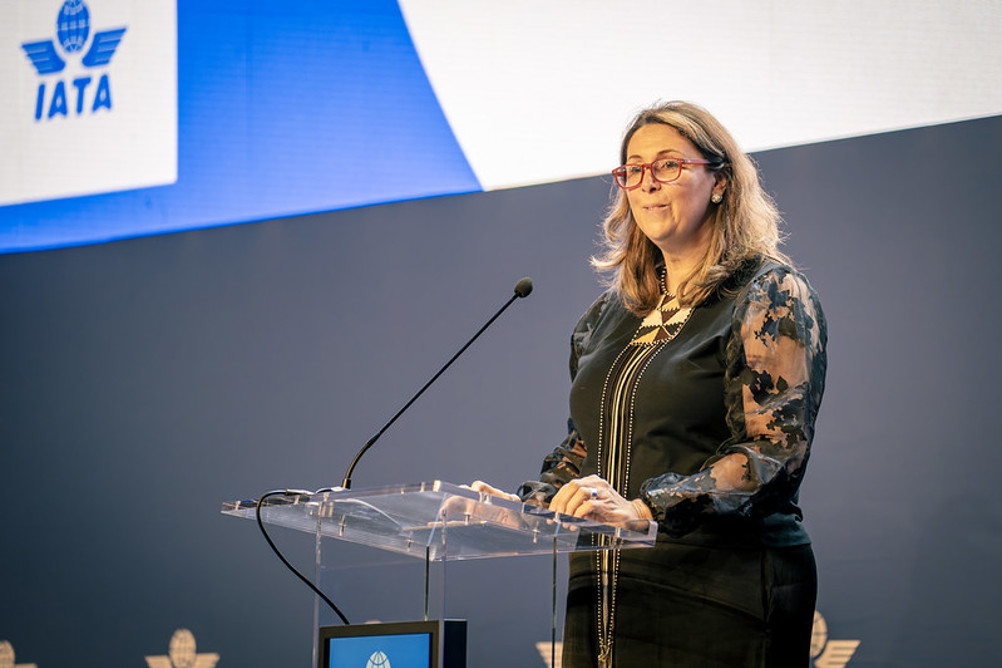
Monika Mejstrikova, IATA Director of Ground Operations, began the opening ceremony by thanking their host airline Kenya Airways and H.E. Dr. William Samoei Ruto, President of the Republic of Kenya, who is due to visit tomorrow (14 May), for their support and said it was a "powerful reflection of Kenya's commitment to aviation".
“Ground handling is essential for aviation. It ensures safety, enables efficiency, and shapes the passenger experience. As the complexity of today’s operating environment increases — tighter turnarounds, regulatory pressure, and the drive to decarbonise — the industry must come together to embed safety in every action, accelerate global standardisation, and build a more sustainable and inclusive way forward,” she said.
Mejstrikova then outlined the top four priorities of this year's IGHC:
- Embedding Safety in Every Action
- Global Standardization of Processes
- Enhancing Baggage Operations
- Building a Sustainable and Inclusive Way Forward
“For the first time, we’ve included ground-related fatalities involving aircraft in our global safety taxonomy. This gives us a clearer picture of the risks—and the data to act on them. Insights from IATA’s Incident Data Exchange (IDX) and Accident Data Exchange (ADX) programs have already driven targeted updates to safety procedures in the Ground Operations Manual. The message is clear: the more data we share, the safer we become,” she said.
The Enhanced GSE Recognition Program was launched in 2024 and since then, 98 ground handling fleets have been registered and 28 stations recognised. From April 2025, declarations will be mandatory at all ISAGO-accredited locations, with expanded criteria to include mobility equipment.
“The adoption of Enhanced GSE is a practical step toward reducing ground damage and improving safety on the ramp. It’s a clear example of how smarter equipment leads to safer operations,” said Mejstrikova.
Baggage operations are being modernised under a 10-year Global Baggage roadmap focused on digital messaging, end-to-end tracking, and automation.
“Modern baggage operations are central to the passenger journey. The Global Baggage roadmap will move us closer to the automated digital baggage services that travellers want,” she said.
Other important announcements included an enhanced ISAGO model which will launch in mid-2025, featuring single-auditor audits, remote documentation checks, updated checklists, and reduced fees and a new Operational (OPS) Portal – formerly the IGOM portal, which is now being used by 221 airlines and 259 ground handlers for gap analysis and benchmarking, with expanded functionality covering training, safety, and cargo handling.






